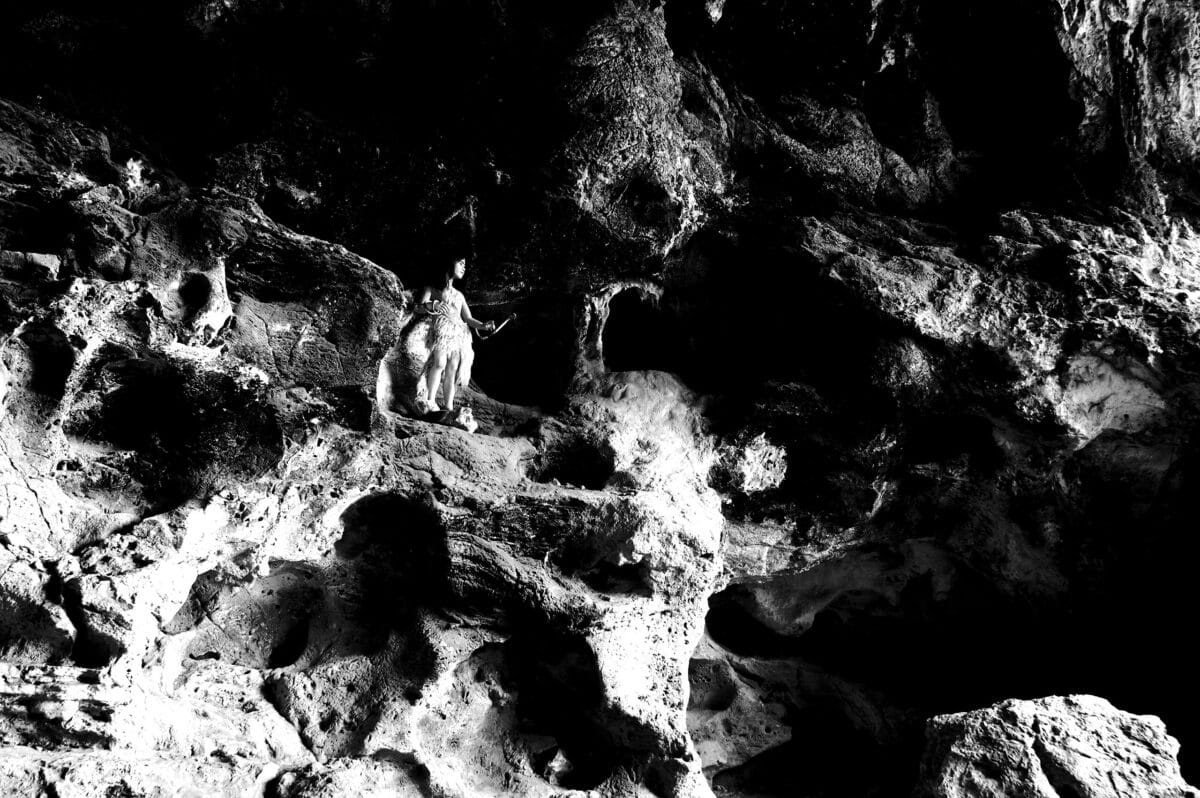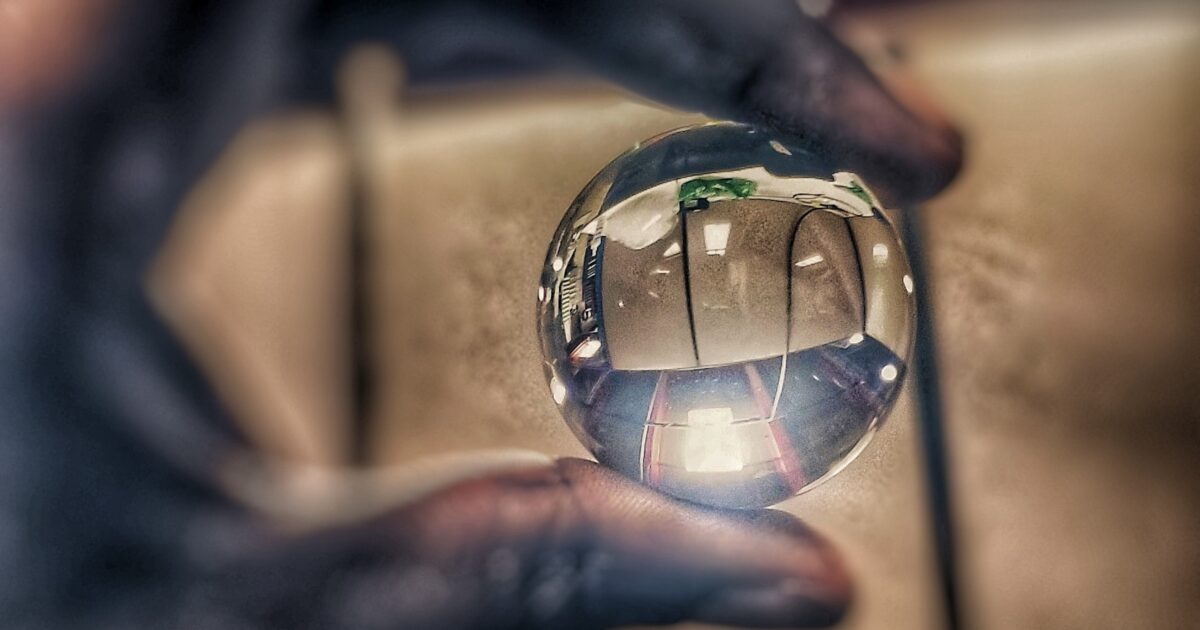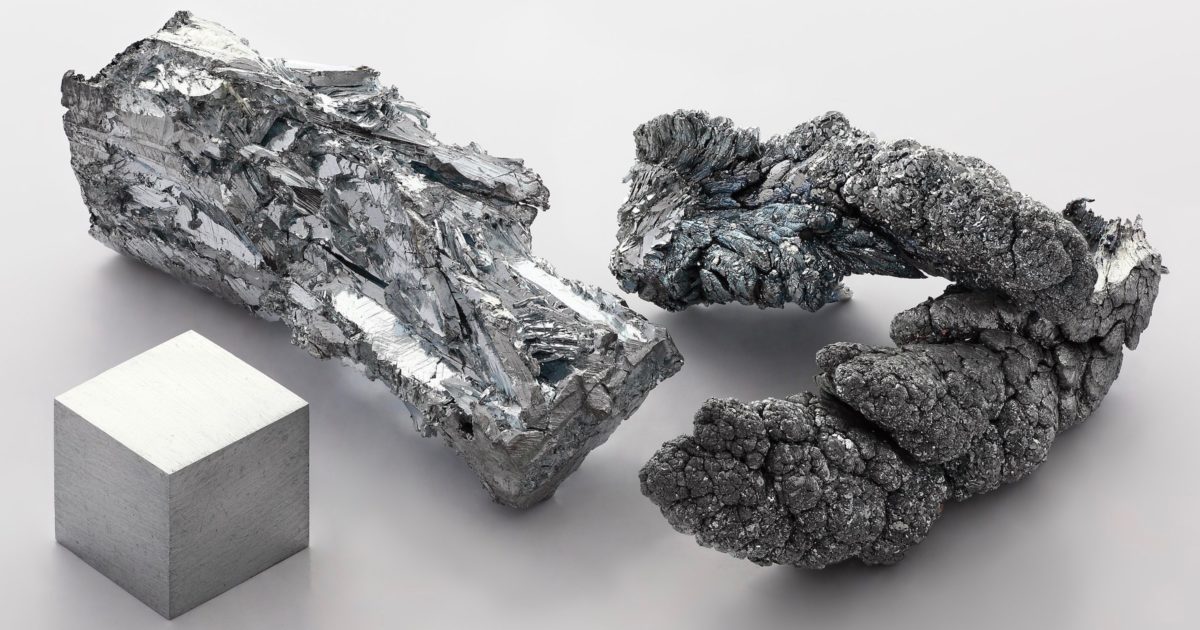
meat


On Tobacco, Technocracy Has a Clever New Idea

The Human Mind Has No History

Biology Helps Us Understand the Blessing of Grasses

Bees Feel Pain. Therefore…Insect Rights?

Zinc and the Miracle of Man

PETA Wrong Again: Milk Is Good for Your Heart

Watch: Londoners Ponder the Existence of a Soul

Give Up Pets to Save the Planet!






































